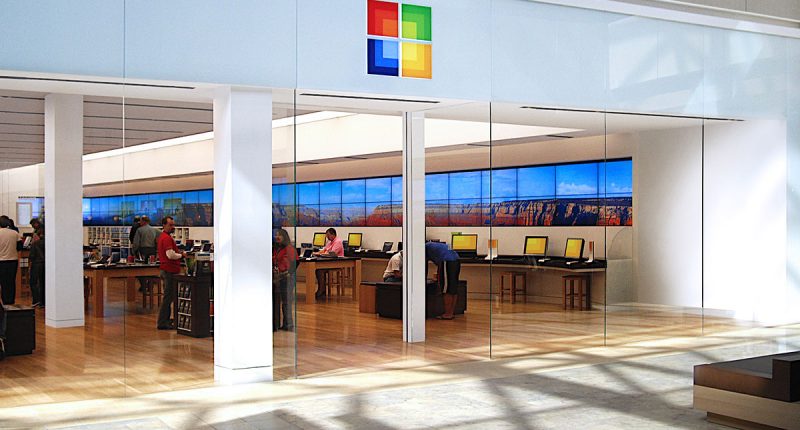Microsoft has officially shut down its ‘Movies & TV’ store, bringing an end to a digital service that had been active for 19 years. With this closure, users can no longer buy or rent movies or TV shows on Microsoft devices, including Windows PCs and Xbox consoles. However, the tech giant has confirmed that users will still have access to all the movies and TV shows they have previously purchased. These can be streamed or downloaded through the existing Movies & TV app, which remains functional on supported devices. Also, all existing content will remain available in high definition (HD), as long as the app and servers continue to be supported.
At the same time, the company also clarified that no new content can be added to users’ libraries, and Microsoft is not offering refunds for past purchases. Users looking for new movies or shows will need to turn to alternative services like Netflix, Amazon Prime Video, Disney+, Apple TV+, or other streaming (or OTT) providers. Clearly, the Redmond-headquartered company is effectively leaving that space to companies whose primary business is entertainment content delivery.
Initially launched in 2006 as the Zune Marketplace, the platform was Microsoft’s first major entry into digital video sales. It later evolved into Xbox Video in 2012 and was eventually renamed ‘Movies & TV’ in 2015.
“[You] cannot directly move your purchased content to another service. You will still be able to access and play purchased content on the Microsoft Movies & TV App. If you’re in the US, you can sign up for Movies Anywhere to connect select purchased movies with other Movies Anywhere retailers,” the software giant announced in a Support Page update.
The decision to close the Movies & TV store is part of Microsoft’s broader move away from direct media sales. In recent years, the company has gradually pulled back from its role as a digital content provider. A similar shift happened in 2017 when Microsoft shut down Groove Music, its music streaming service, and encouraged users to transition to third-party platforms like Spotify. This latest move follows the same pattern, suggesting that the company now prefers to focus on software, gaming, cloud services, and artificial intelligence (AI) rather than managing a retail entertainment platform.
The move becomes significant as in recent months, the company has laid off thousands of employees as part of ongoing restructuring efforts. In May 2025, the company cut around 6,000 positions (~ 3% of its global workforce), mainly affecting engineering roles and management layers. Also, several reports indicate that in June 2025, the firm carried out another round of layoffs, this time primarily targeting sales roles.
The development also comes as Microsoft is facing major challenges in some of its core and trending business domains. For example, the company has been under scrutiny following a major cybersecurity breach in the last year, which exposed sensitive government data and raised concerns about its cloud security practices. At the same time, there have been reports of growing tension between Microsoft and OpenAI (in which the software giant has invested around $13Bn to date), especially related to the ChatGPT maker’s transition to a for-profit model and ongoing disagreements around revenue sharing.
The Tech Portal is published by Blue Box Media Private Limited. Our investors have no influence over our reporting. Read our full Ownership and Funding Disclosure →






